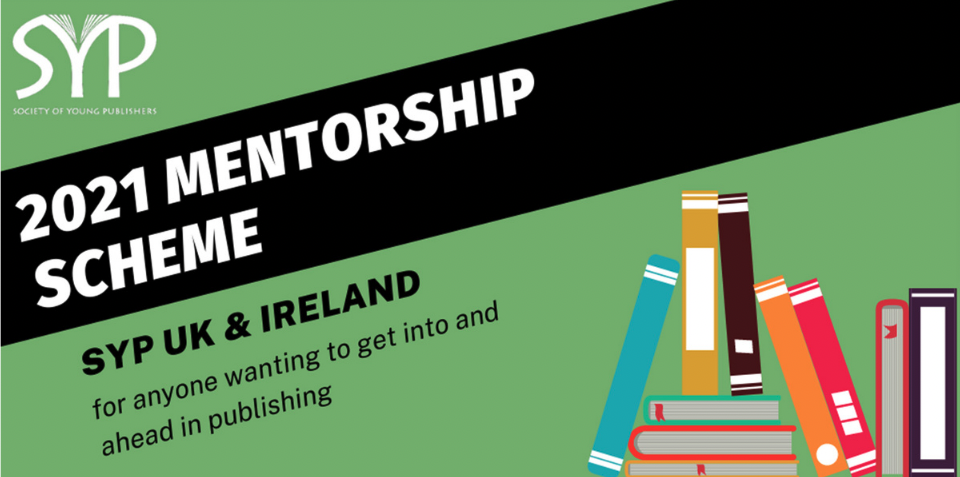The editor who reads too much |
|
What happens when you do a mentorship when you're older than everyone else? I'm about to find out! The first in a series of posts about what I learn during my mentorship. In late 2021, I landed a coveted place on The Society of Young Publishers (SYP) mentorship scheme with mentor Juliet Mushens of Mushens Entertainment. Quick note: The SYP is a volunteer-run group that seeks to help people in their first ten years of their publishing career. The mentorship scheme matches people relatively new in their career with established members of the publishing industry. Juliet Mushens started at HarperCollins, and worked there for several years before starting her own literary agency. If you’ve read a book by Richard Osman, Jessie Burton, Elodie Harper, Stacey Halls, Laura Purcell, Abigail Dean, Claire Douglas, or Jennifer Sain—all bestselling authors—that book was one Juliet helped to get published. Pretty amazing, right? Why would a freelance editor need a mentorship with a literary agent, you ask? Freelancing is to be in a void: there’s no senior members in the “office” to help you work your way up the ladder or offer advice. So I’m here to learn about the publishing industry trends, to discover new opportunities and best practices, and to talk to someone other than the cat.* (*I don’t have a cat.) Meeting 1: Getting organized I spent the majority of the meeting feeling nervous because I had to sit and talk about myself (never fun or ideal). Juliet’s easy-going and gregarious manner set me at ease, and we went over my goals. At the end of our first lovely chat, Juliet wanted me to do three things: 1. Clean the data First I needed to tidy my work spreadsheet then ask myself these questions:
2. Organize my organizer So many pretty journals and diaries; meanwhile, I’m using Post-It Notes. There’s nothing wrong with sticky notes, but it’s not the way to run a business. Juliet urged me to do:
3. Do a time audit I needed to track my working hours and find the answers to these questions:
Updates from Meeting 1
If you’re feeling unproductive, or aren’t sure where your days go, I highly recommend tracking your time. I can tell you two points right away: (1) there aren’t enough hours in the day and (2) you’re probably super ambitious and you need to start prioritizing. The organizer will help you with that! Comments are closed.
|
Categories
All
Archives
March 2024
�
Posts on editing
Posts on books
Posts on publishing
Everything Else!
|

